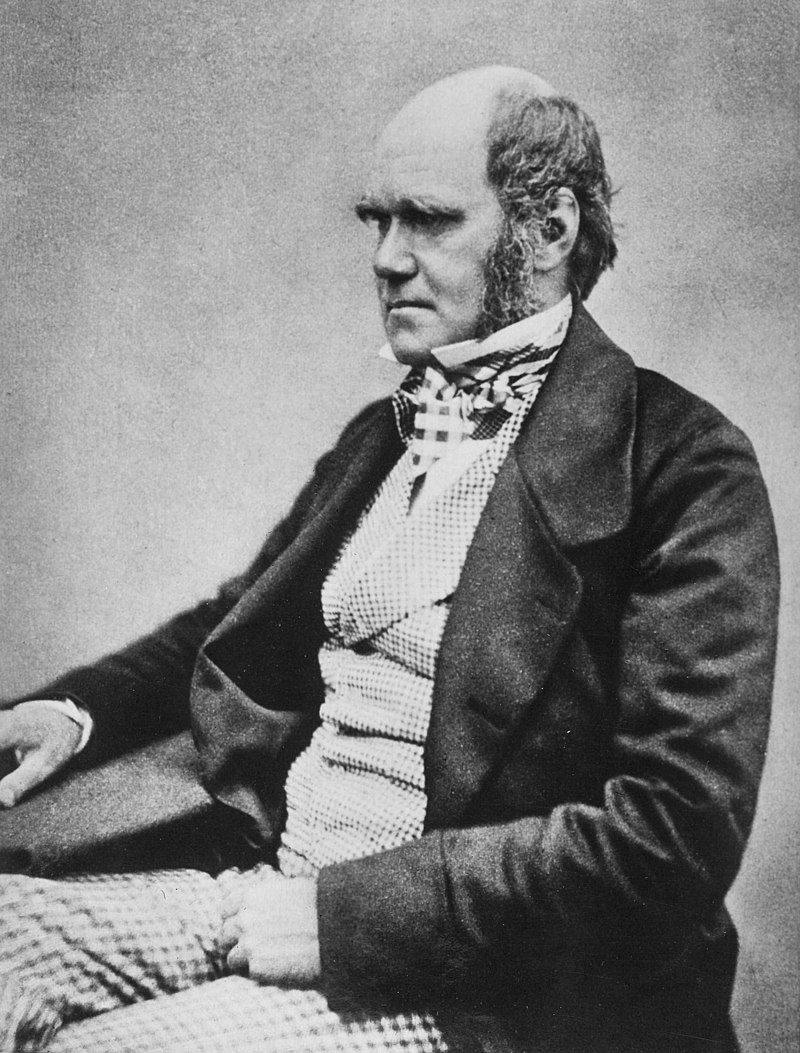Dear students find the notes for Cell cycle


Swedish naturalist and explorer Carolus Linnaeus was the first to frame principles for defining natural genera and species of organisms and to create a uniform system for naming them, known as binomial nomenclature. is often called the Father of Taxonomy.

Czech botanist and geneticist known as the father of modern genetics through his pea plant experiments. He is primarily known for his work in genetics. Mendel's experiments with pea plants laid the foundation for understanding heredity and inheritance. His laws of inheritance are fundamental to modern biology.

He was a British botanist and explorer in the 19th century. He was a founder of geographical botany and Charles Darwin's closest friend. For 20 years he served as director of the Royal Botanical Gardens, Kew, succeeding his father, William Jackson Hooker, and was awarded the highest honours of British science.

While primarily known for his theory of evolution, Darwin's contributions to botany were significant. His studies on plants, such as those on pollination and plant adaptations, helped shape our understanding of the natural world.

He was a Peripatetic philosopher who was Aristotle’s close colleague and successor at the Lyceum. He wrote many treatises in all areas of philosophy, in order to support, improve, expand, and develop the Aristotelian system. Often considered the "Father of Botany," Theophrastus was a Greek philosopher who wrote extensively about plants. His works, including "Historia Plantarum" and "On the Causes of Plants," were influential for centuries.

Birbal Sahni FRS was an Indian paleobotanist who studied the fossils of the Indian subcontinent. He also took an interest in geology and archaeology. He founded what is now the Birbal Sahni Institute of Palaeobotany at Lucknow in 1946. The Iyengar-Sahni Medal is to be awarded in recognition of the best paper published in The Palaeobotanist
Sir Jagadish Chandra Bose was a polymath with interests in biology, physics and writing science fiction. He was a pioneer in the investigation of radio microwave optics, made significant contributions to botany, and was a major force behind the expansion of experimental science on the Indian subcontinent. Bose is considered the father of Bengali science fiction. A crater on the Moon was named in his honour. He founded the Bose Institute, a premier research institute in India and also one of its oldest. Established in 1917, the institute was the first interdisciplinary research centre in Asia. He served as the Director of Bose Institute from its inception until his death.

Rahibai was in the Komble village of the Akole tribal block in the Ahmednagar district of Maharashtra. Despite being illiterate and spending most of her life in extreme poverty, Padma Shri Rahibai Popere has set an inspiring example before the nation. Popularly known as 'Beej Mata' for her contribution to the conservation of indigenous seeds BAIF Development Research Foundation, a Core Support Group of Department of Science & Technology (DST), has been conferred fourth highest civilian national award Padma Shree for her contribution in the field of agriculture

A renowned agricultural scientist, Swaminathan's contributions to plant breeding and genetic engineering have transformed Indian agriculture. He is often called the "Father of the Green Revolution in India.”

Janaki Ammal Edathil Kakkat was an Indian botanist who conducted scientific research in cytogenetics and phytogeography. Her most notable work involves those on sugarcane and the eggplant. She has collected various valuable plants of medicinal and economic value from the rain forests of Kerala. Janaki Ammal was awarded with Padmashri Award in 1977 for her exemplary contribution to science in India

Janaki Ammal Edathil Kakkat was an Indian botanist who conducted scientific research in cytogenetics and phytogeography. Her most notable work involves those on sugarcane and the eggplant. She has collected various valuable plants of medicinal and economic value from the rain forests of Kerala. Janaki Ammal was awarded with Padmashri Award in 1977 for her exemplary contribution to science in India

An African American agricultural scientist, Carver focused on improving crop yields and finding alternative uses for agricultural products. He is particularly known for his work with peanuts and soyeans.

He was a Scottish surgeon and botanist who worked extensively in India, describing species and working on economic botany. He is known as the founding father of Indian botany. He published numerous works on Indian botany, illustrated by careful drawings made by Indian artists and accompanied by taxonomic descriptions of many plant species. Apart from the numerous species that he named, many species were named in his honour by his collaborators. He was the first to document the existence of the Ganges river dolphin.
0 Comments